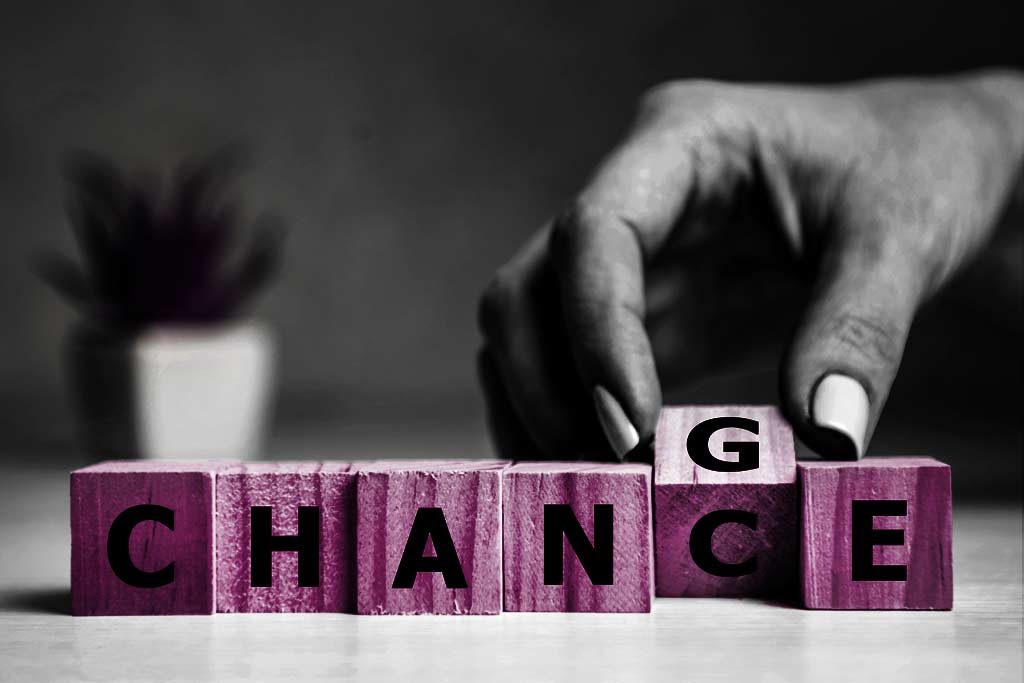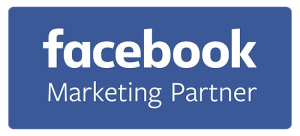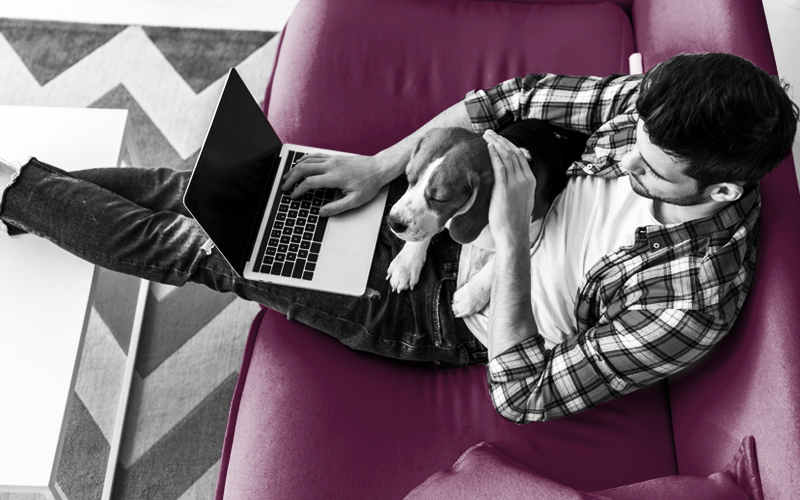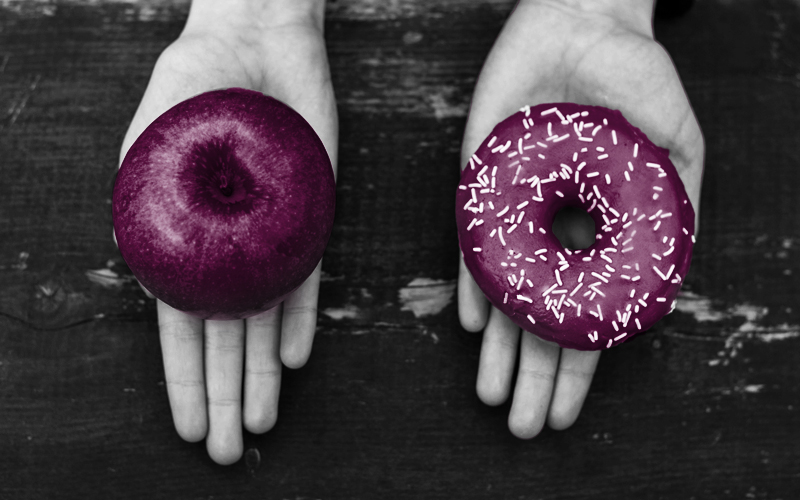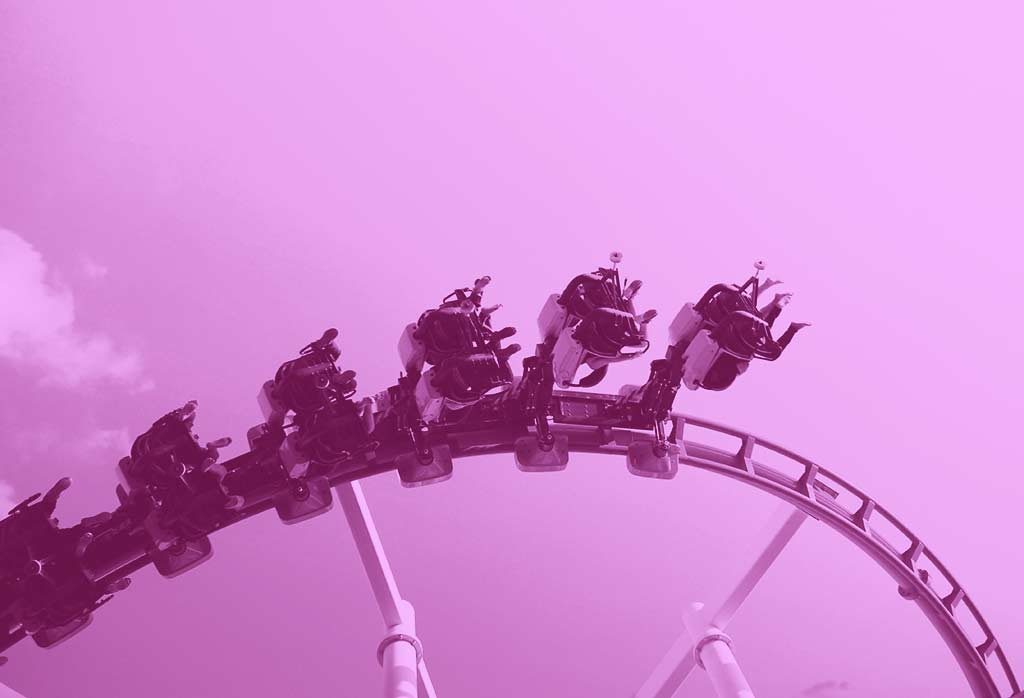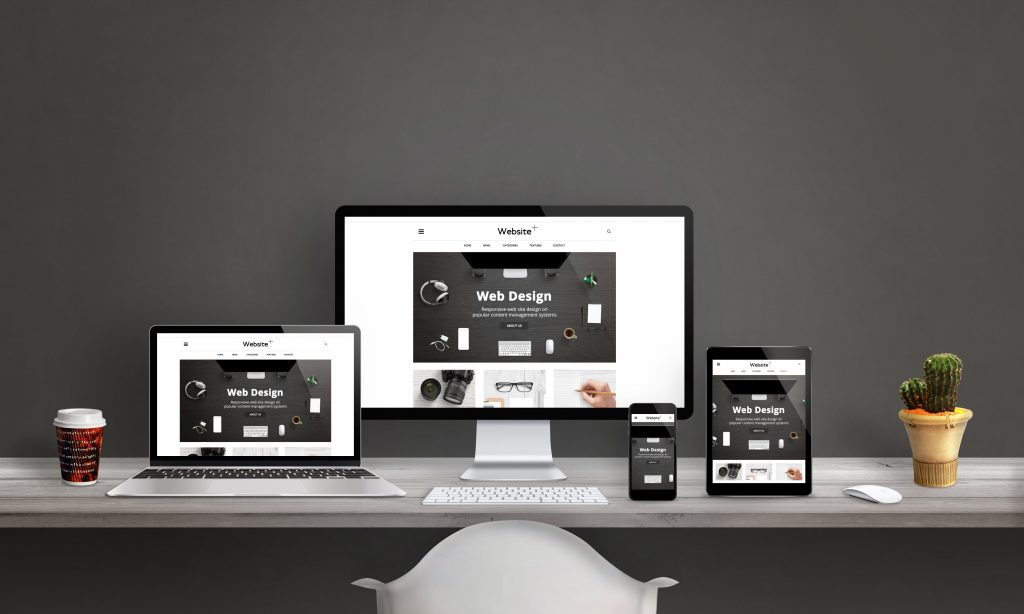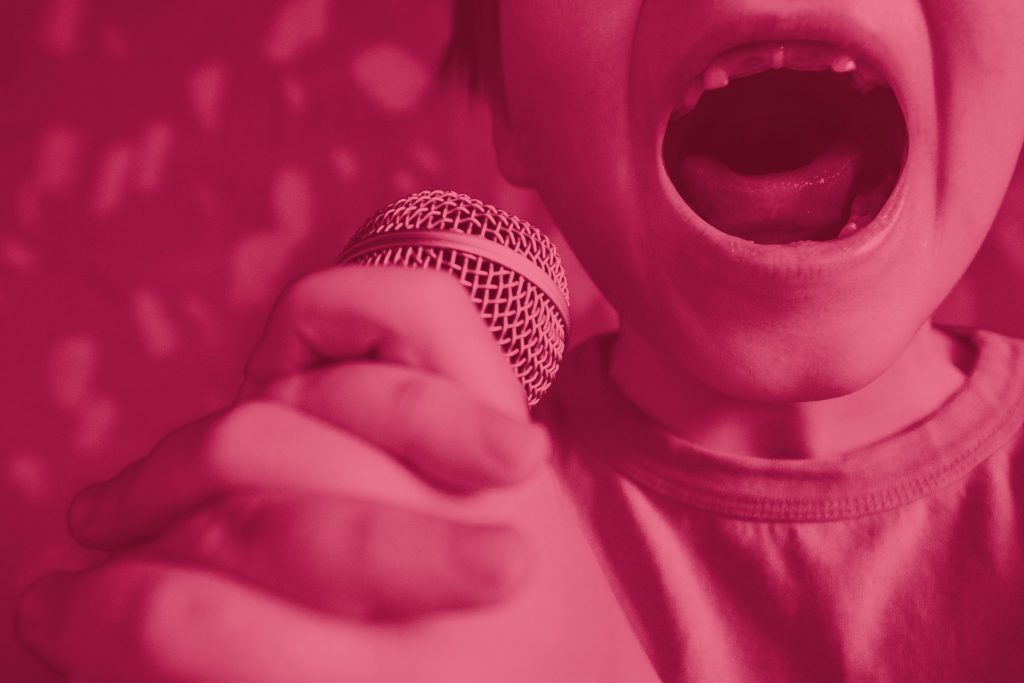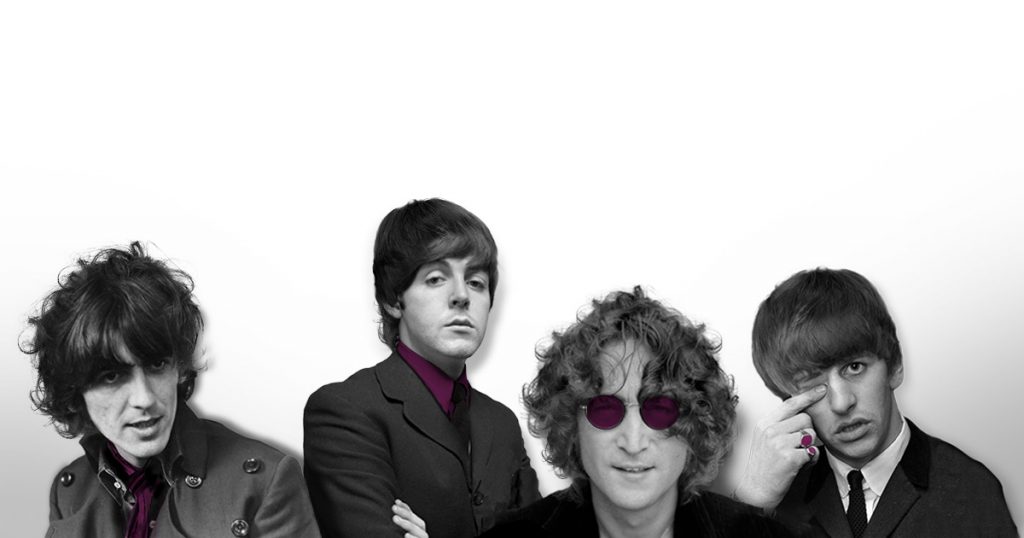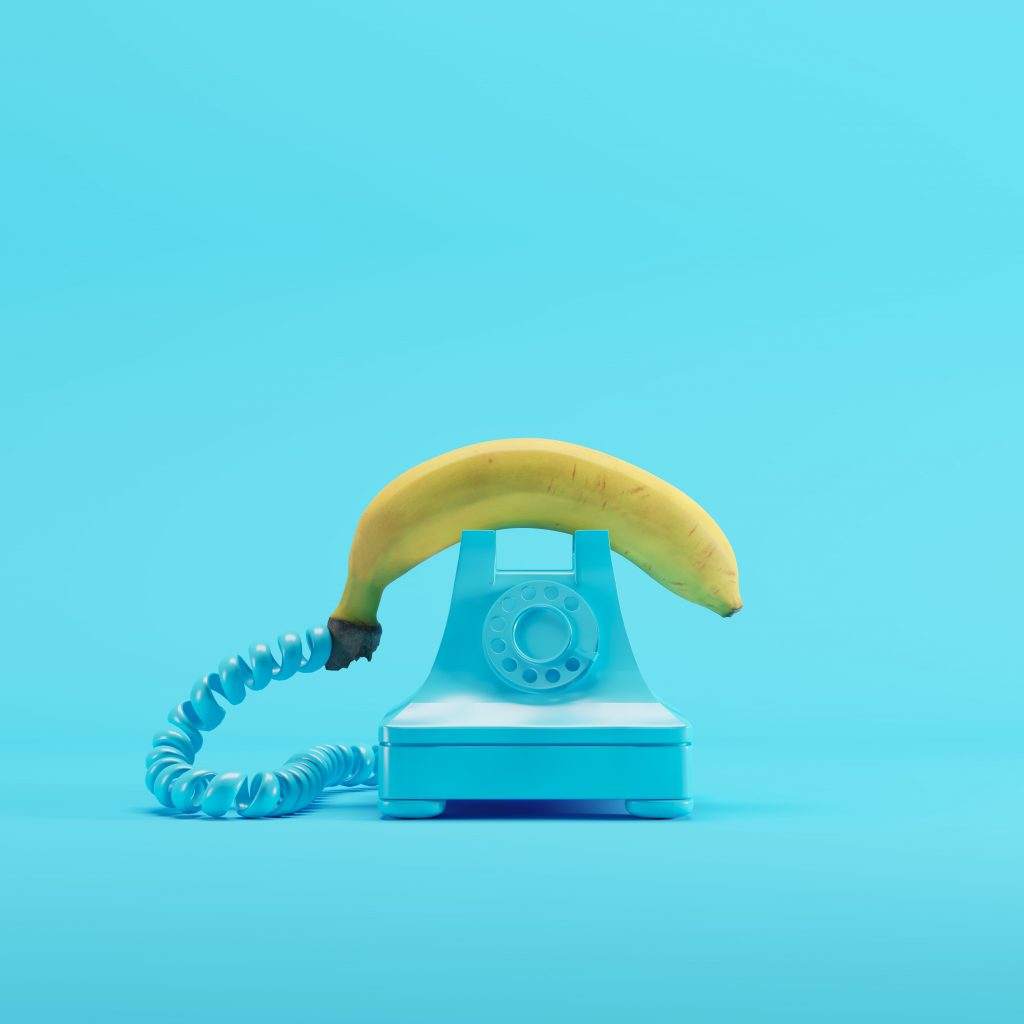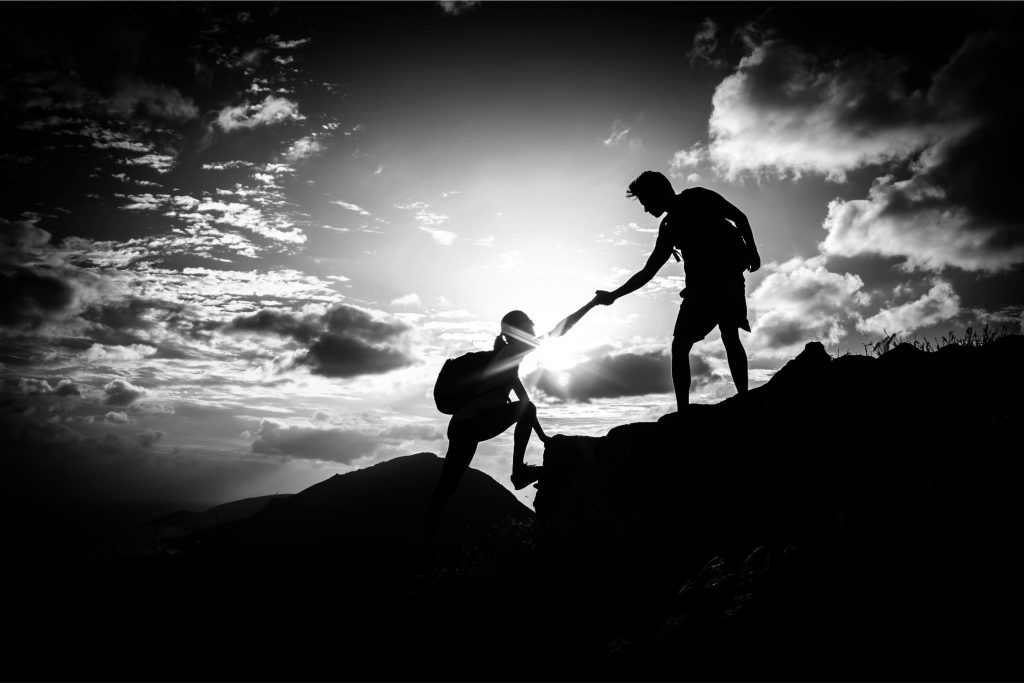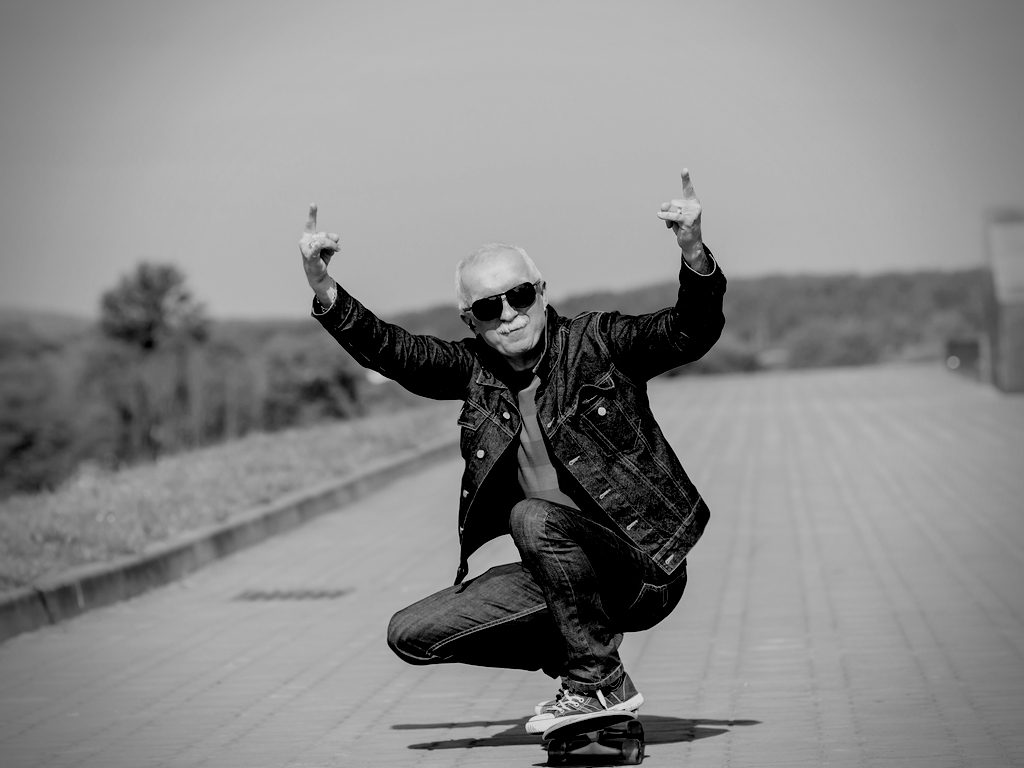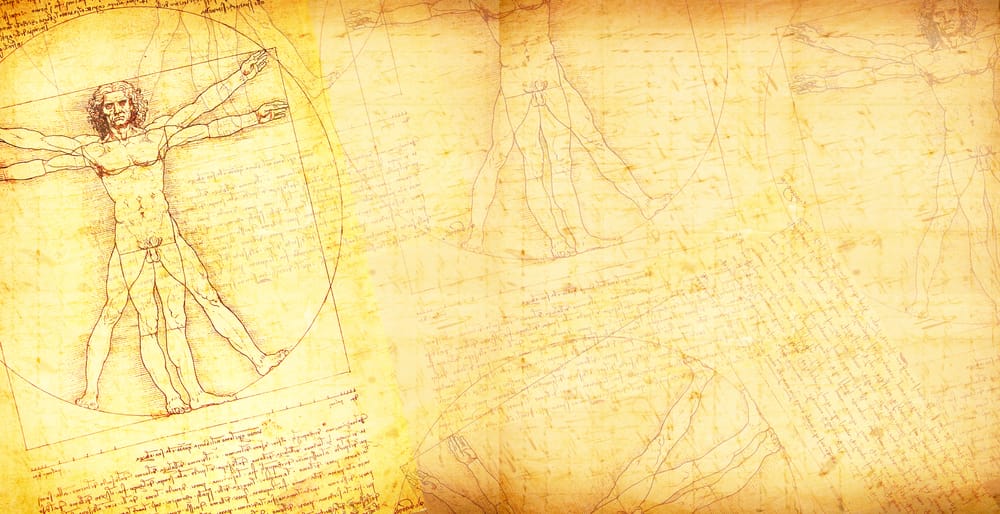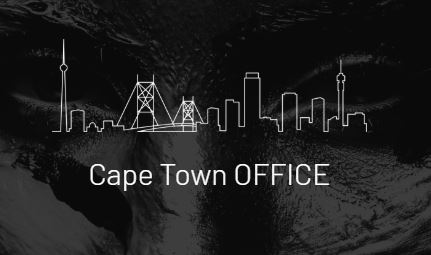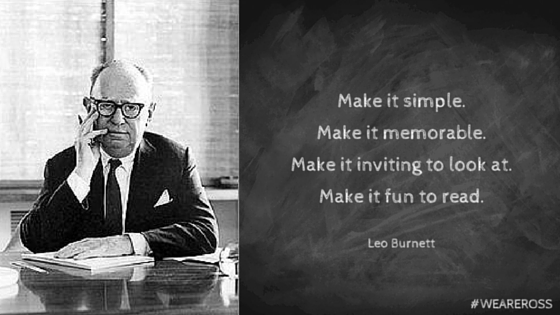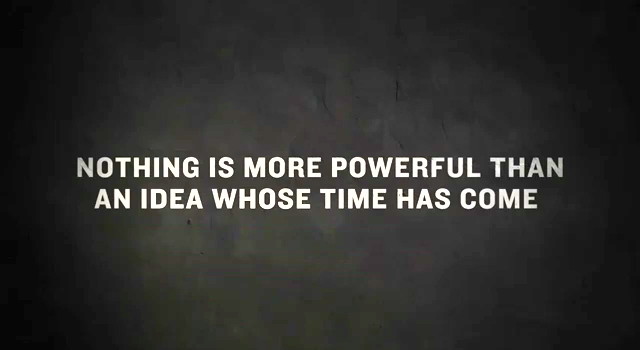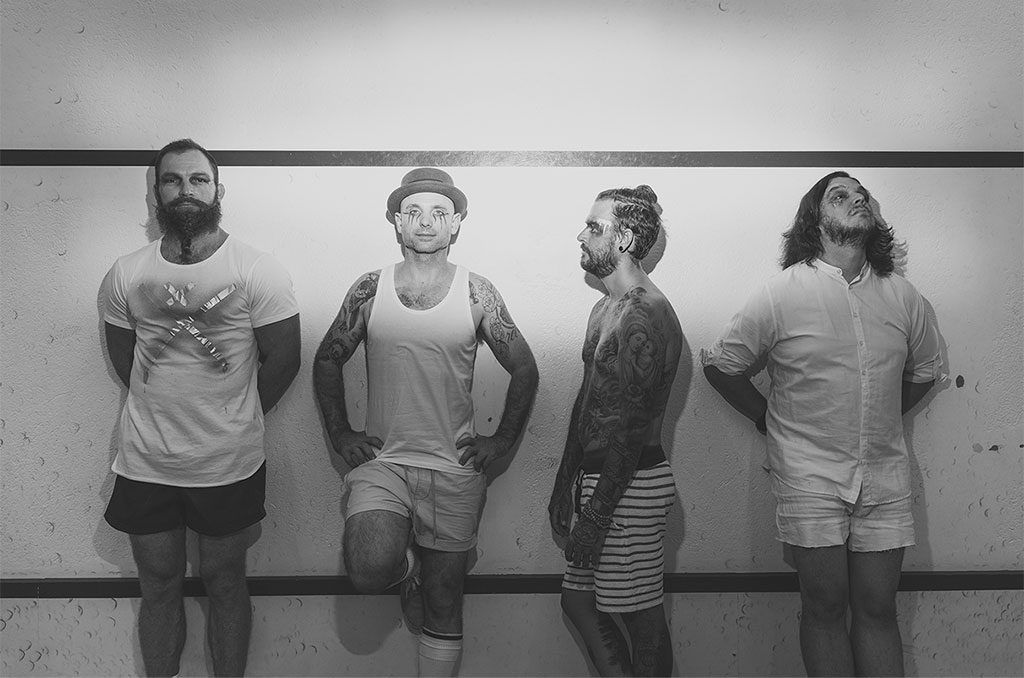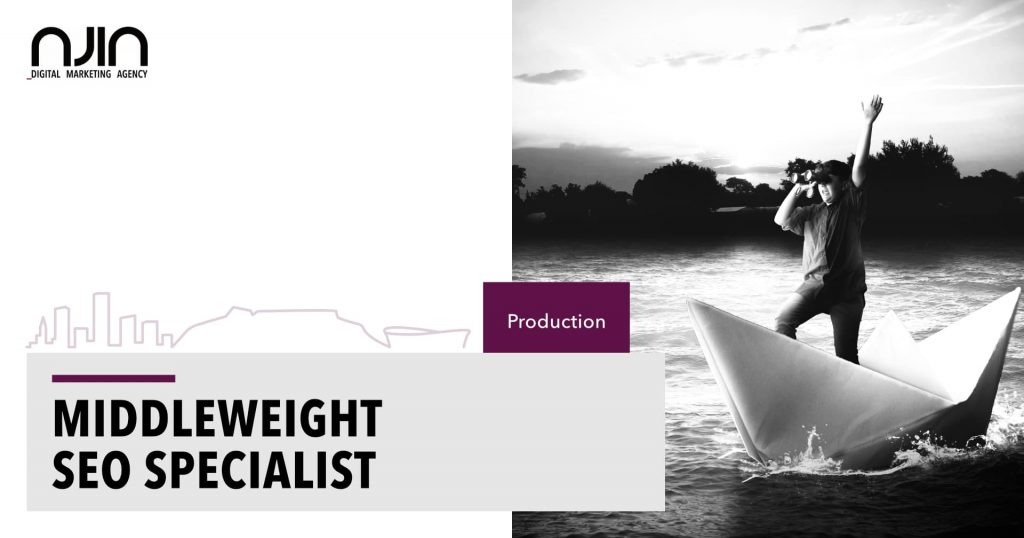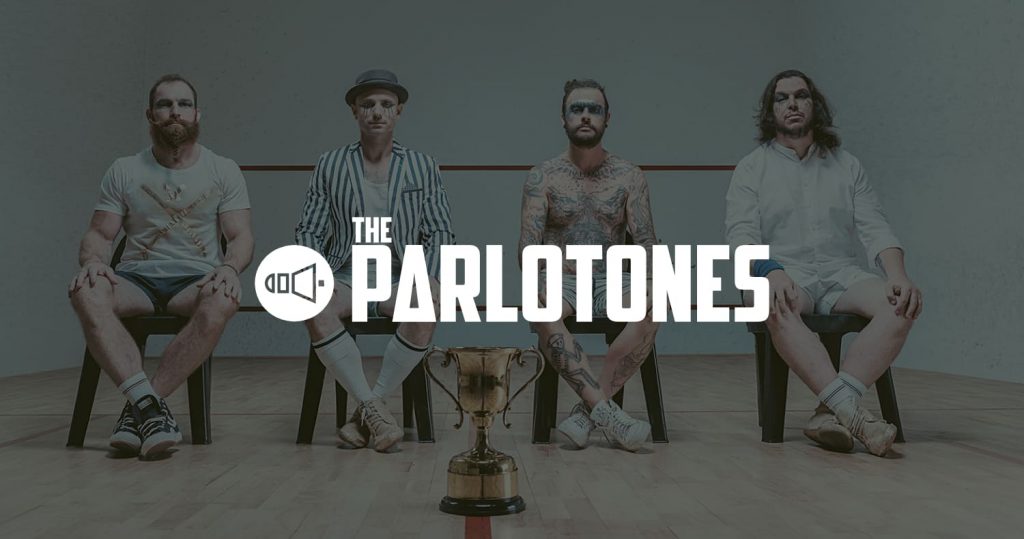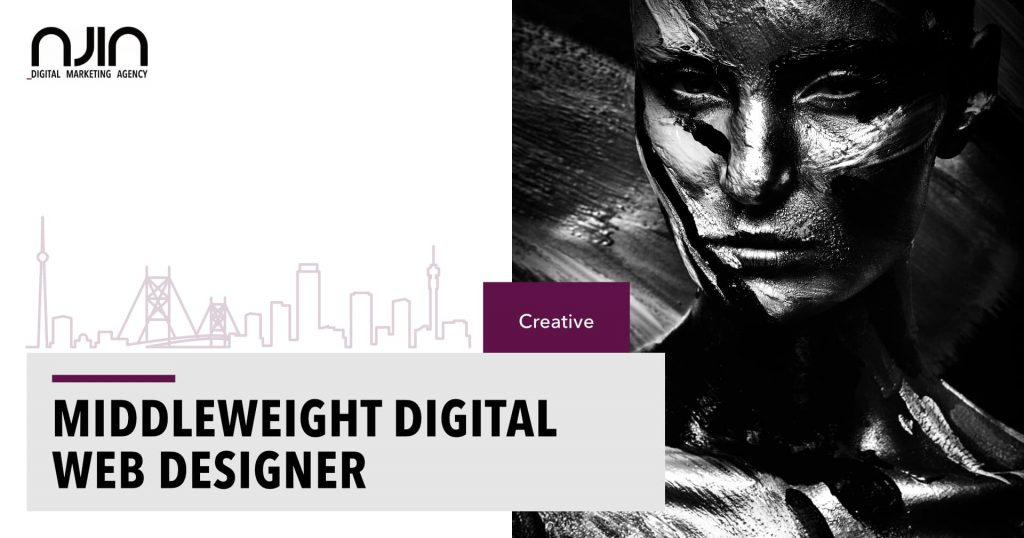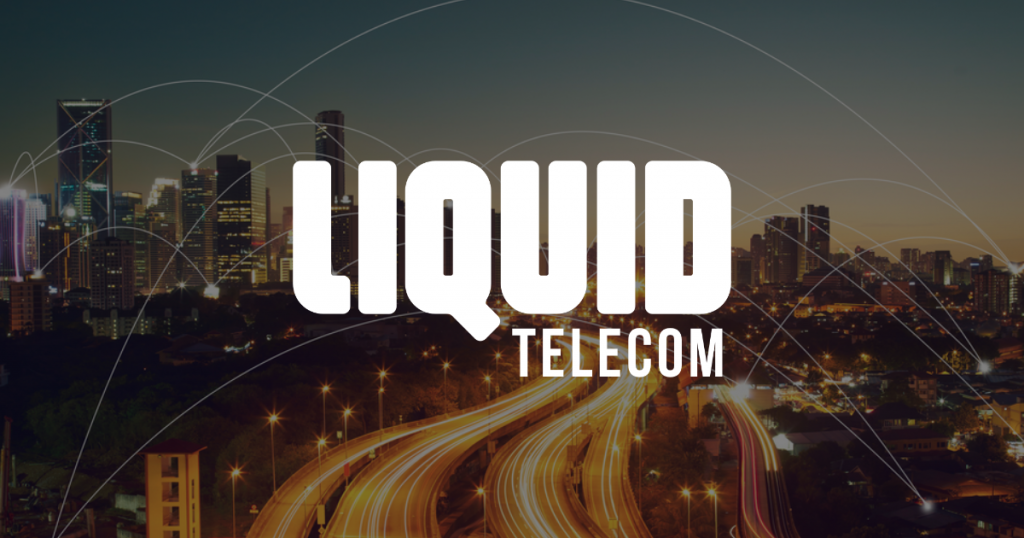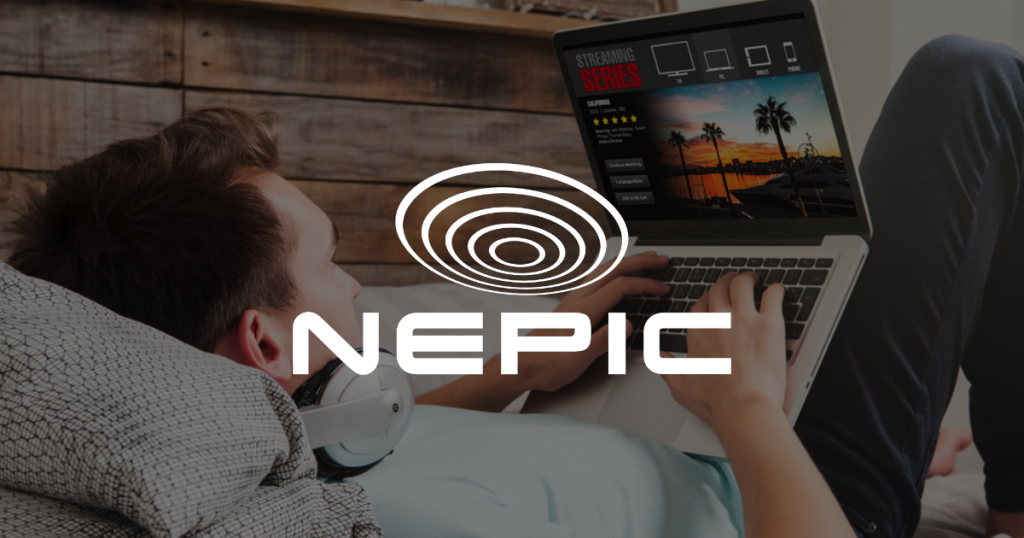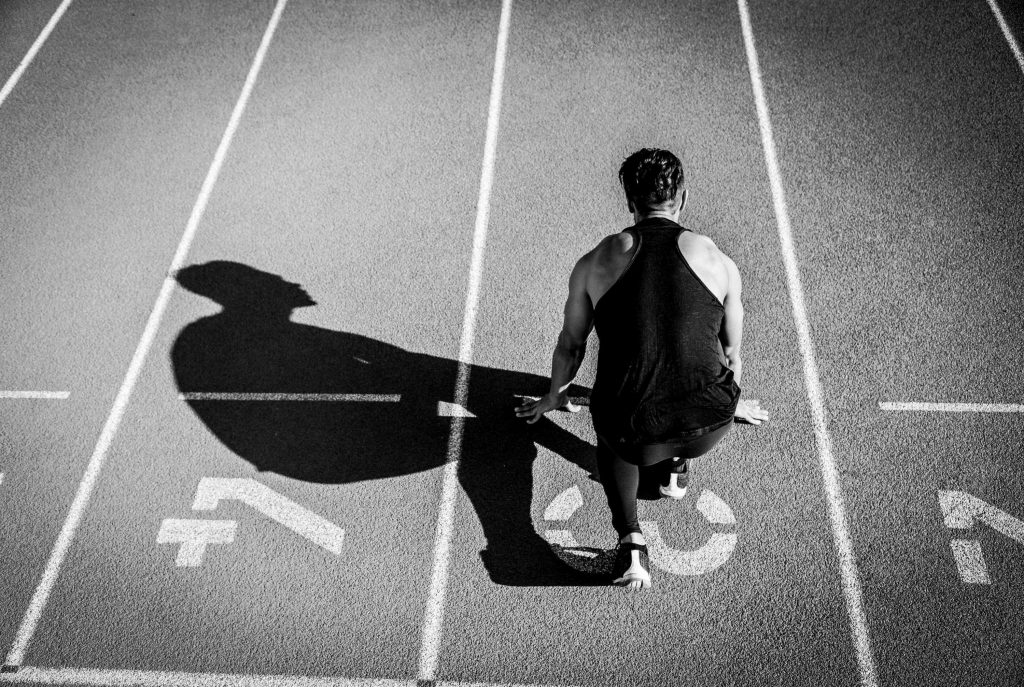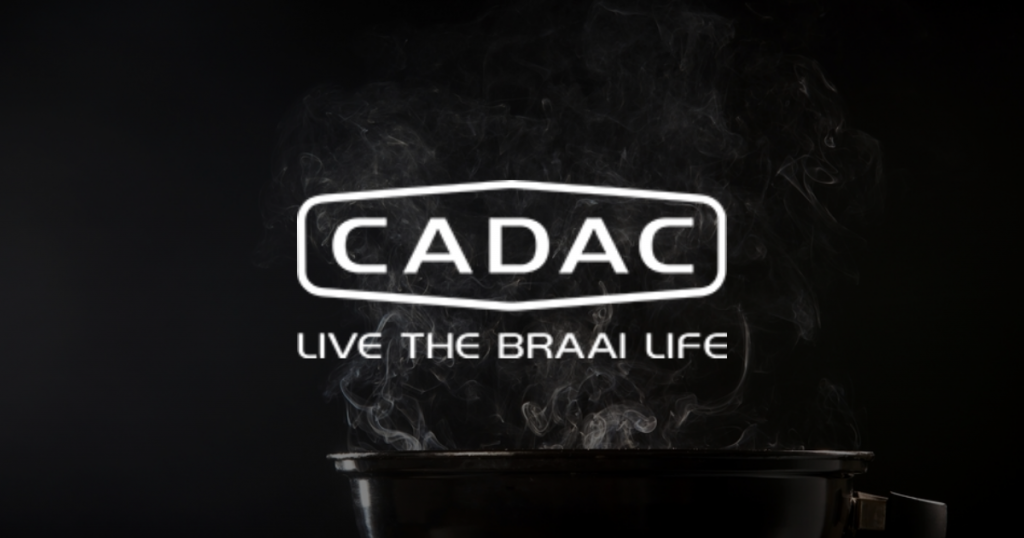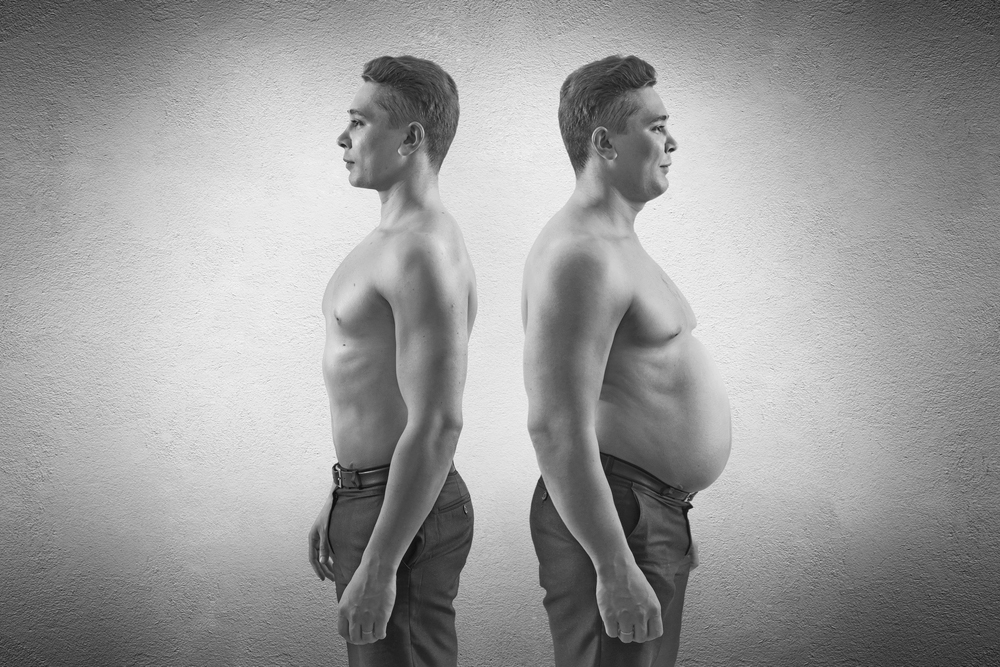Written by: Dean Rajh-Gopaul, Head of Strategy
In 1904, at the St. Louis World’s Fair there was an overwhelming demand for ice cream. The vendor interestingly enough had plenty of ice cream, but they quickly ran out of disposable bowls. The stall right next to the ice cream vendor was selling fresh, hot and crispy waffles, but they weren’t selling anywhere near as fast as the ice cream. So, to keep his neighbour going, Ernst A. Hamwi started folding his waffles so that they could hold the ice cream, and thus the ice cream cone was born.
A seemingly simple, short-term fix, right? But once we saw it in practice, those benefits could not be unseen. A solution born out of an emergency and for the sake of scarcity, forever changed the way we consume the primary object.
So…when COVID-19, much like Miley Cyrus came in like a wrecking ball, we had to adapt to isolation and the challenges that come with it, but the real question is, what have we learnt? What processes, innovations and benefits have come from this disaster than can’t now be unseen? And what are the effects on the marketplace?
We looked at three main areas:
- AI, Robotics, Automation & Drones:
- We’ve seen a number of use cases where machines are better suited for certain roles than humans.
- Machines work longer hours, carry heavier loads, can find more efficient pathing and don’t spread the Coronavirus (assuming all safety precautions were adhered to).
- Once machines are used to do a job and are successful, what do we do with that information? We can’t un-see it.
- What if machines are the safest and most practical way to protect the supply chain and the economy by extension?
- Are we ready for these kinds of questions in our own work spaces?
- Read more on AI, Robotics, Automation & Drones here.
- Consumer Buying Shifts:
- How long will it take for consumer confidence to return (to public spaces)?
- How will the hospitality industry take to recover if the public are still apprehensive of social contact, post the lock-down?
- Many customers have seen their earning potential cut or removed altogether, thus limiting the amount spend available for the market.
- How long will it take for us to see a return to spending on luxury and non-essential goods?
- We need to consider how we as marketers sell to consumers after this period of “back to basics”, where the essentials were prioritized and consumers discovered just how much they can live without.
- How important has e-commerce now become and by extension, the world of the delivery services?
- Is a virtual store going to become just as profitable (if not more so) than the bricks and mortar stores?
- Read more on Consumer Buying Shifts here.
- Working from Home:
- Are staff actually productive when working from home?
- Do they get more, less or the same amount done?
- Is the cost saving of not having an office a favourable trade off vs. not having physical oversight of staff?
- How are staff using the time they save off missing traffic and traveling?
- How has this impacted the regions we hire from?
- Has the lock-down leveled the playing field for disabled individuals?
- What protocols and processes, methodologies and tactics have we developed to ensure workload is allocated effectively and met efficiently?
- How many of us are looking at the “work from home” model as a viable long-term option?
- Read more on Working from Home here.
Epidemic or Relief?
While the Coronavirus, or more accurately COVID-19 has brought the world to its knees and devastated the populations of countries (particularly those in Europe) around the globe, it has forced us to rethink a great many things; like how we go about our daily lives, how we shop, how we treat others, our impact on the environment (dolphins returning to the Venice canals made worldwide news) and even the way we travel and work. These changes in thinking came out of tragedy and a necessity to survive, but the lessons have been seen and cannot be unseen. Has the genie been let out?
One last thing to leave you with when considering things that can’t be unseen…has this quarantine period inadvertently given society a means to slow climate change? If more people have the option of working remotely and consciously make the choice to travel less in other areas of life, we could massively reduce our respective carbon footprints.
This epidemic has thought us to ask a simple yet critical question in all areas of our daily lives…what is essential?
It’s going to be a brave new world out there, are you ready?

